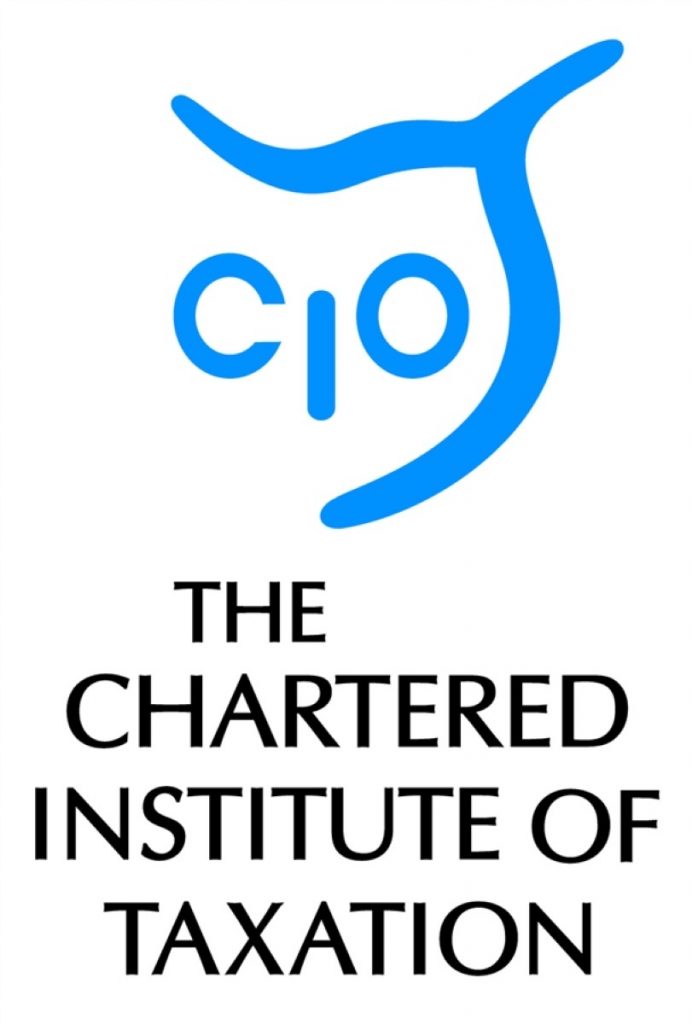CIOT: Payroll Giving reform could boost charity donations
Payroll Giving could be boosted by allowing employers relief for employer National Insurance Contributions (NIC), which they could give to charity to increase the amount donated, says the Chartered Institute of Taxation (CIOT).
The CIOT makes this recommendation in its response to HMRC’s Payroll Giving consultation. Introduced in 1987, Payroll Giving is designed to make tax-effective charitable giving simpler and more attractive to a wider range of potential donors. Payroll Giving enables an individual to make a tax-free donation to a charity direct from their pay or pension. However, there have been concerns that the system has not and is not working as effectively as it could.
Commenting, Colin Ben-Nathan, Chair of the CIOT’s Employment Taxes sub-committee, said:
“It is important to note that under Payroll Giving, donated pay remains liable to NIC and we think this is an area that should be reviewed in considering whether the take-up of Payroll Giving arrangements can be increased.”
The CIOT argues that if government want to increase Payroll Giving, it would be more effective to allow Payroll Giving donations not only to be deducted from pay for income tax purposes, but also for employer NIC purposes. The employer would be far more likely to encourage take-up if they are compensated for the cost of running the scheme and may even donate the NIC saving to charity.
Colin Ben-Nathan explained:
“By way of an alternative to Payroll Giving, an employer can simply nominate one or more charities and invite employees to accept a reduced salary or bonus in return for the employer itself making a donation to the charity under Gift Aid. In this way an employee who gives up, say, £100 of pay, not only gets full income tax relief but also gets relief for employee NIC purposes, with the employer also saving 13.8% on employer NIC. The employer may then contribute the saved employer NIC to the charity to add to the sum total the charity receives.
“We can understand that allowing relief for employee NIC on Payroll Giving may lead to an imbalance with Gift Aid, and may dis-incentivise some individuals from making one-off Gift Aid donations if regular Payroll Giving donations are more tax efficient. Conversely, not paying employee NIC could also adversely affect certain employees’ contribution records.”
Notes for editors
1. For HMT’s consultation (published jointly with HMRC & The Cabinet Office) on Payroll Giving https://www.gov.uk/government/consultations/consultation-on-payroll-giving
2. CIOT’s submission can be found on the website at:
http://www.tax.org.uk/tax-policy/public-submissions/2013/payroll_giving_CIOT
3. The Chartered Institute of Taxation (CIOT)
The CIOT is the leading professional body in the United Kingdom concerned solely with taxation. The CIOT is an educational charity, promoting education and study of the administration and practice of taxation. One of our key aims is to work for a better, more efficient, tax system for all affected by it – taxpayers, their advisers and the authorities. The CIOT’s work covers all aspects of taxation, including direct and indirect taxes and duties. Through our Low Incomes Tax Reform Group (LITRG), the CIOT has a particular focus on improving the tax system, including tax credits and benefits, for the unrepresented taxpayer.
The CIOT draws on our members’ experience in private practice, commerce and industry, government and academia to improve tax administration and propose and explain how tax policy objectives can most effectively be achieved. We also link to, and draw on, similar leading professional tax bodies in other countries. The CIOT’s comments and recommendations on tax issues are made in line with our charitable objectives: we are politically neutral in our work.
The CIOT’s 16,500 members have the practising title of ‘Chartered Tax Adviser’ and the designatory letters ‘CTA’, to represent the leading tax qualification.
James Knell
External Relations Officer
D: +44 (0)20 7340 2702
Chartered Institute of Taxation
Registered charity number 1037771
www.tax.org.uk
The Association of Taxation Technicians
Registered charity number 803480
Registered company number 2418331
VAT Registration Number 497 5390 90
www.att.org.uk
1st Floor, Artillery House, 11-19 Artillery Row, London SW1P 1RT





-01.png)